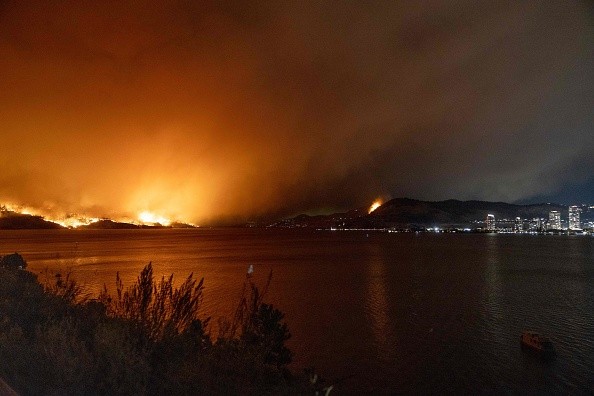
On Wednesday, Canada's emergency preparedness minister warned the country risks another "catastrophic" wildfire season, forecasting higher-than-normal spring and summer temperatures across much of the country, boosted by El Niño weather conditions.
Canada saw its worst-ever fire season last year, with over 6,600 fires burning 15 million hectares, or over seven times the annual average. Around 230,000 people had to be evacuated from their houses, and eight firefighters lost their lives.
Harjit Sajjan, the minister for emergency preparedness, said at a press conference that the temperature trends are very concerning with the heat and dryness across the country and added that they can expect that the wildfire season will start sooner and end later and potentially be more explosive.
Federal ministers issued a warning that climate change is causing extreme weather events, including heatwaves, droughts, and wildfires.
"Wildfires have always occurred across Canada. What's new is their frequency and intensity," Jonathan Wilkinson, the energy and natural resources minister, said. "The science is clear. The root cause of this is climate change."
Ottawa has trained 1,000 community-based wildfire firefighters and contributed $187.15 million over five years, matched by the country's provinces and territories, to fund new equipment.
Canada sent out 5,500 foreign firefighters from countries like South Africa and Spain, along with 2,135 members of the armed services, to assist in battling the fires last year.
According to a government analysis, insured damages from extreme weather, including wildfires, exceeded $3.1 billion in 2023.
In a separate statement, the British Columbian government warned that the snowpack, or the amount of snow that melts seasonally in the westernmost province, is currently averaging 63% of normal, lower than last year's 88% of normal.
© 2026 HNGN, All rights reserved. Do not reproduce without permission.








